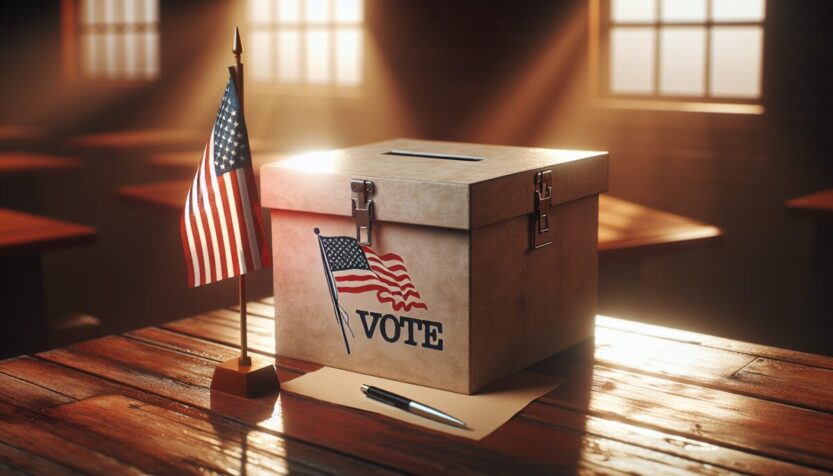Trump’s controversial remarks raise concerns about democracy and governance
In a recent interview, former President Donald Trump made headlines by suggesting that Jack Smith, the prosecutor overseeing two federal cases against him, should be “thrown out of the country.” This statement has sparked significant debate regarding the implications of Trump’s rhetoric on American democracy and governance. Trump’s comments not only reflect his ongoing legal battles but also raise questions about his views on mental health and the role of the judiciary.
Understanding the context of Trump’s statements
Trump’s assertion that Smith should be considered “mentally deranged” and subsequently deported has drawn criticism from various quarters. Critics argue that such statements undermine the integrity of the legal system and promote a dangerous narrative that could incite violence against public officials. Furthermore, Trump’s comments suggest a troubling belief that the government can deport American citizens, a notion that contradicts the fundamental principles of citizenship and due process.
The political ramifications of Trump’s rhetoric
As the 2024 election approaches, Trump’s remarks have significant implications for the political landscape. Vice President Kamala Harris responded to Trump’s comments by warning that a second term for Trump could lead to a more unstable and authoritarian regime. Harris’s statement reflects growing concerns among Democrats about the potential erosion of democratic norms should Trump regain power. Additionally, retired General John Kelly’s characterization of Trump as an “authoritarian” further emphasizes the fears surrounding Trump’s leadership style and its potential consequences for national security.
Reactions from Republican leaders
Interestingly, Republican leaders have largely refrained from condemning Trump’s remarks. Instead, they have criticized Harris for her rhetoric, suggesting that she is the one endangering American lives and institutions. This response raises questions about the GOP’s stance on Trump’s increasingly aggressive language and its implications for party unity. As the political climate becomes more polarized, the silence from key Republican figures on Trump’s threats to use the military against dissenters highlights a troubling trend of complicity in the face of potentially dangerous rhetoric.
The broader implications for American democracy
Trump’s comments serve as a reminder of the fragility of democratic institutions in the face of populist rhetoric. As he continues to challenge the legitimacy of the legal system and promote divisive narratives, the risk of normalizing such behavior increases. The potential for violence and unrest grows when leaders use inflammatory language to rally their base. As the nation approaches the 2024 election, it is crucial for voters to critically assess the implications of such rhetoric on the future of American democracy.




